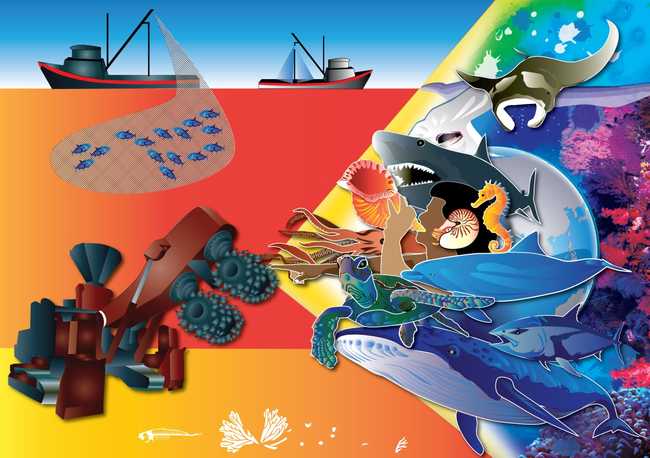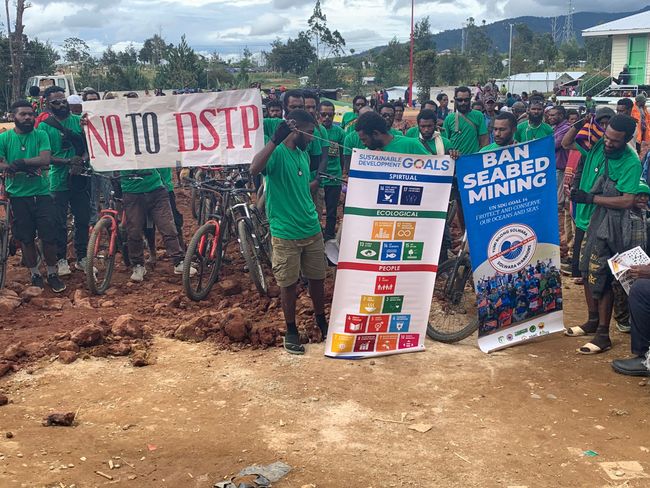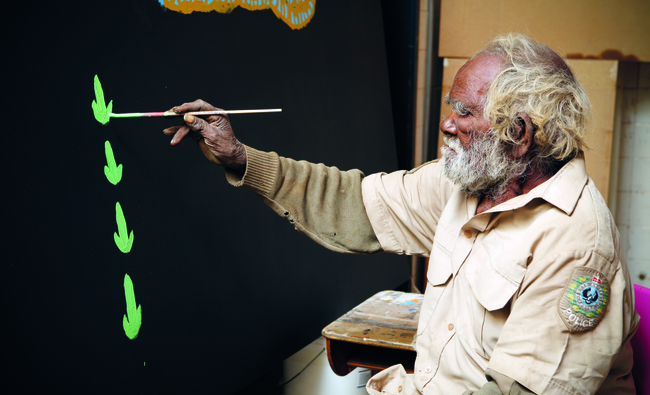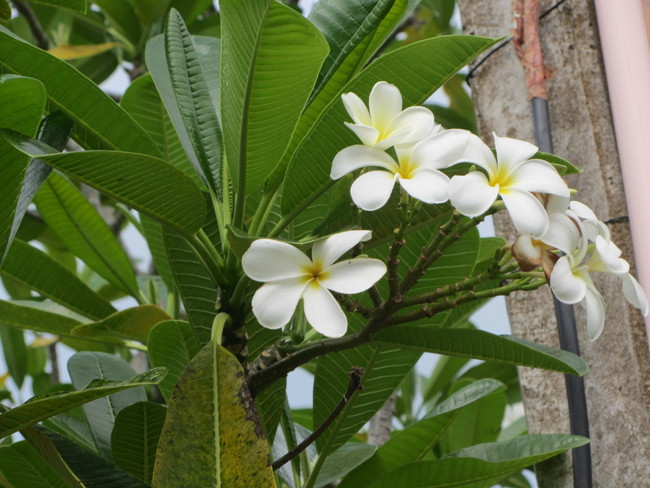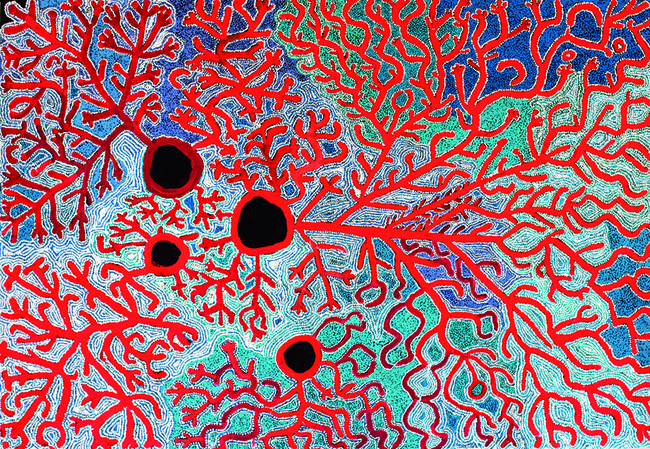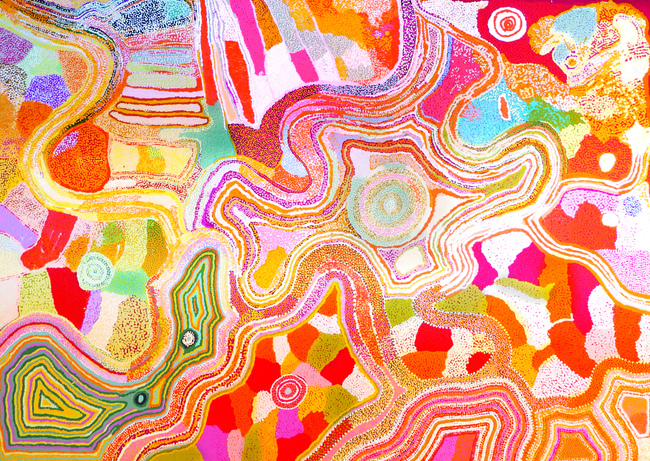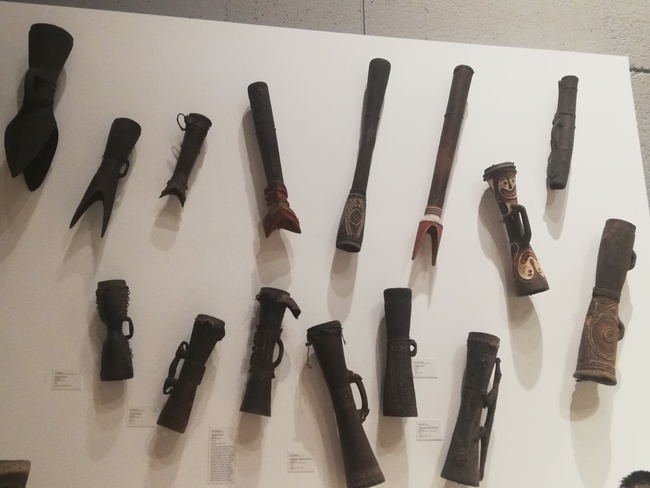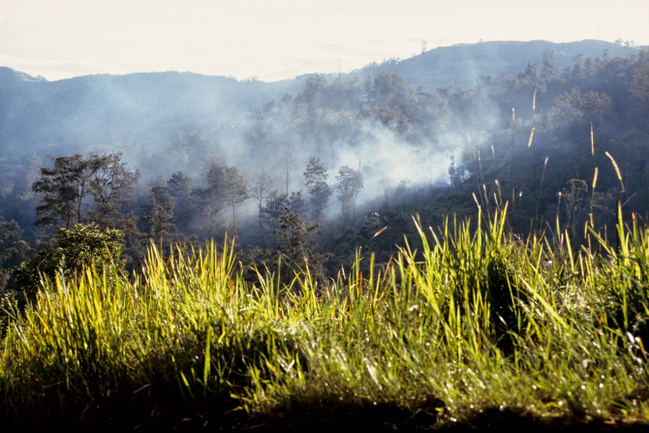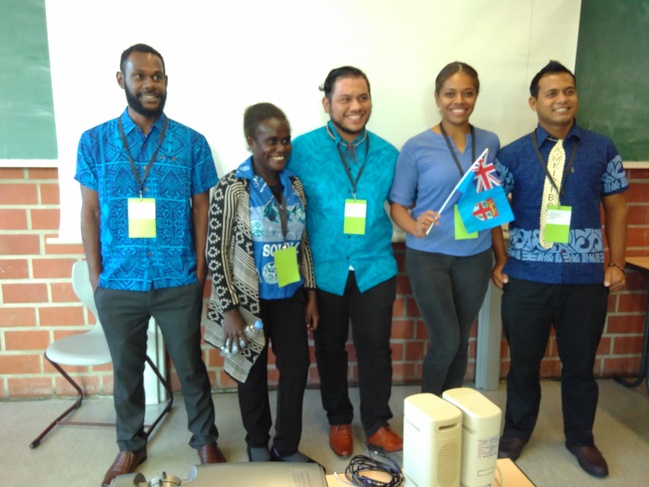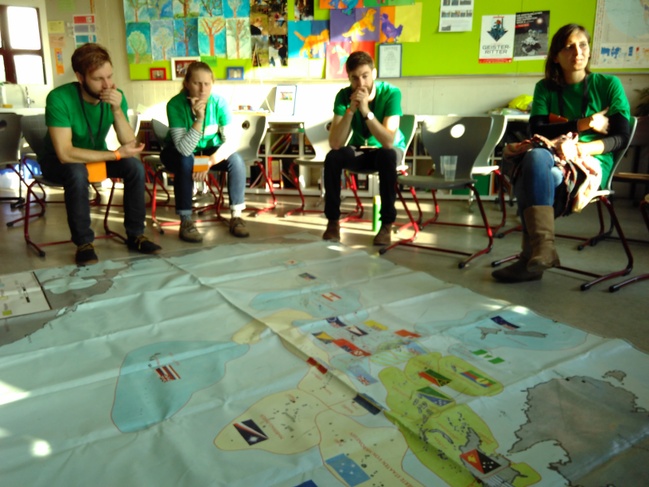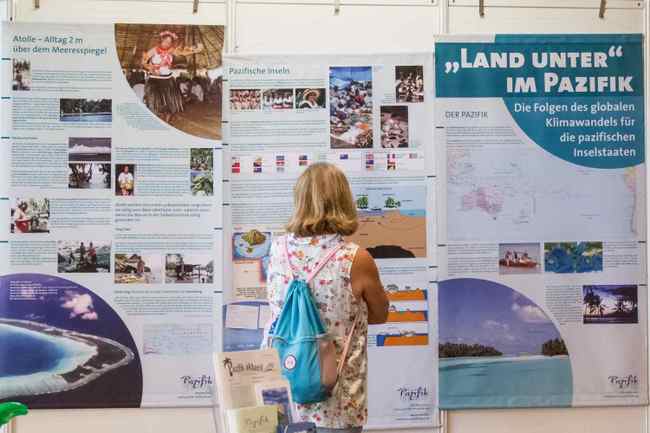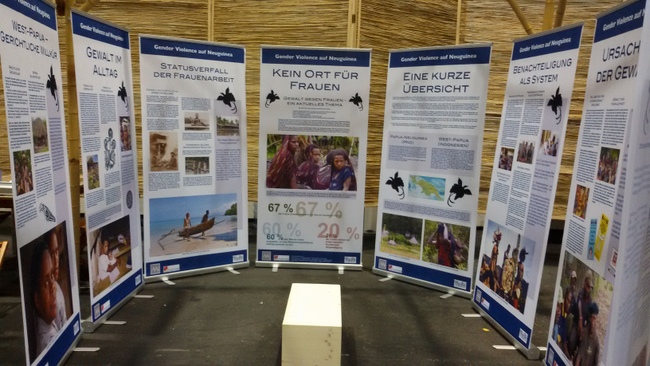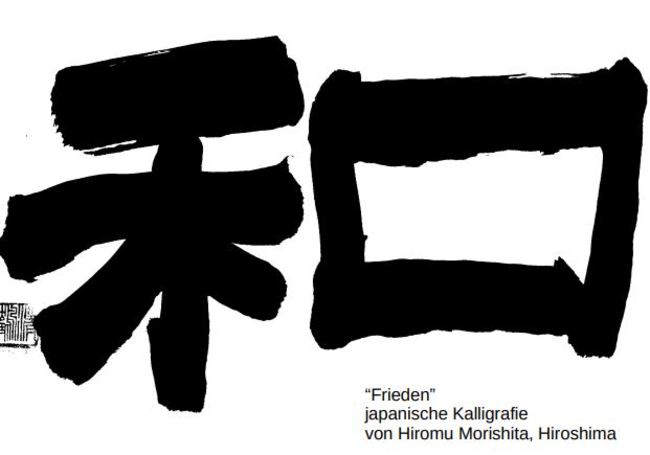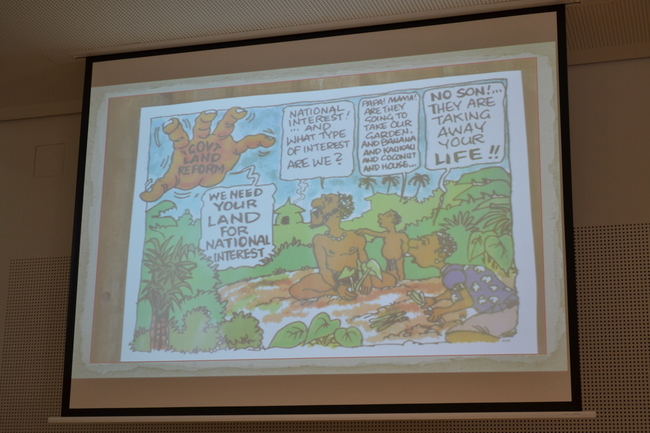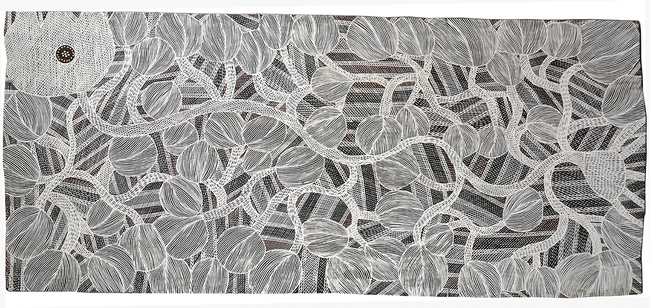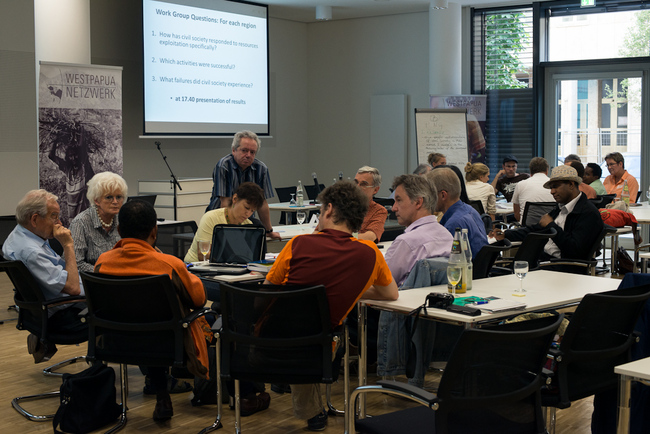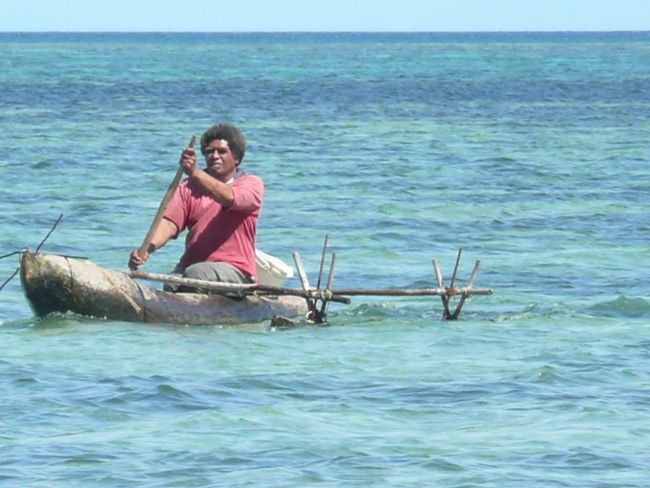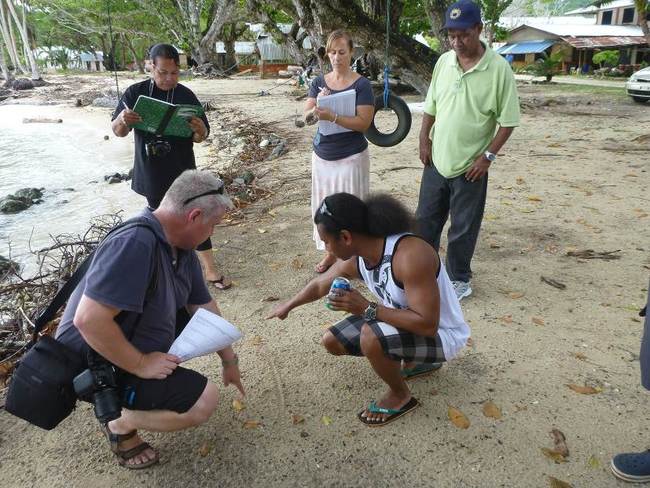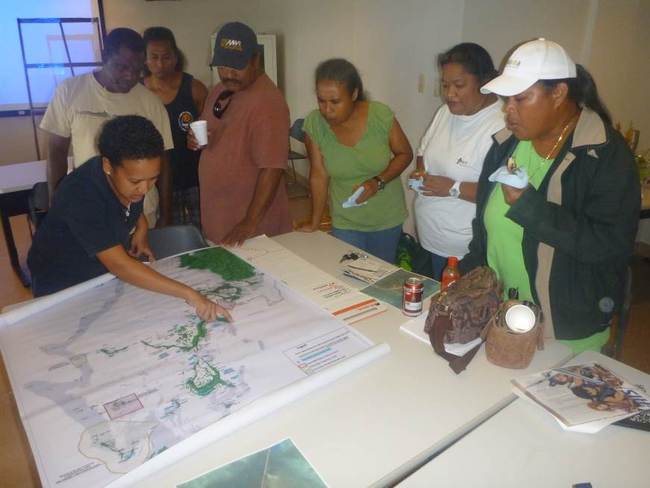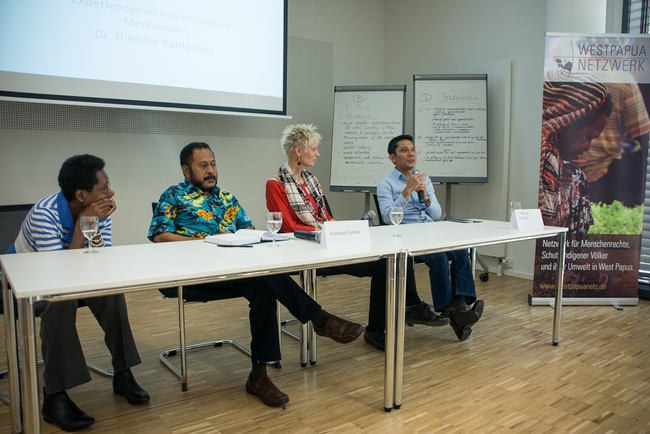Australia: Appalling abuse, neglect of refugees on Nauru
09.08.2016: Bericht von Amnesty International
(Sydney, 3 August, 2016)—About 1,200 men, women, and children who sought refuge in Australia and were forcibly transferred to the remote Pacific island nation of Nauru suffer severe abuse, inhumane treatment, and neglect, Human Rights Watch and Amnesty International said today. The Australian government’s failure to address serious abuses appears to be a deliberate policy to deter further asylum seekers from arriving in the country by boat.
Refugees and asylum seekers on Nauru, most of whom have been held there for three years, routinely face neglect by health workers and other service providers who have been hired by the Australian government, as well as frequent unpunished assaults by local Nauruans. They endure unnecessary delays and at times denial of medical care, even for life-threatening conditions. Many have dire mental health problems and suffer overwhelming despair—self-harm and suicide attempts are frequent. All face prolonged uncertainty about their future.
“Australia’s policy of exiling asylum seekers who arrive by boat is cruel in the extreme,” said Anna Neistat, Senior Director for Research at Amnesty International, who conducted the investigation on the island for the organization.
“Few other countries go to such lengths to deliberately inflict suffering on people seeking safety and freedom.”
Australian authorities are well aware of the abuses on Nauru. The Australian Human Rights Commission (AHRC), the Office of the United Nations High Commissioner for Refugees (UNHCR), a Senate Select Committee, and a government-appointed independent expert have each highlighted many of these practices, and called on the government to change them. The Australian government’s persistent failure to address abuses committed under its authority on Nauru strongly suggests that they are adopted or condoned as a matter of policy.
By forcibly transferring refugees and people seeking asylum to Nauru, detaining them for prolonged periods in inhuman conditions, denying them appropriate medical care, and in other ways structuring its operations so that many experience a serious degradation of their mental health, the Australian government has violated the rights to be free from torture and other ill-treatment, and from arbitrary detention, as well as other fundamental protections, Human Rights Watch and Amnesty International said.
“Australia’s atrocious treatment of the refugees on Nauru over the past three years has taken an enormous toll on their well-being,” said Michael Bochenek, Senior Counsel on Children’s Rights at Human Rights Watch, who conducted the investigation on the island for the organization.
“Driving adult and even child refugees to the breaking point with sustained abuse appears to be one of Australia’s aims on Nauru.”
Australia and Nauru impose strict secrecy on the processing of asylum seekers on Nauru and refuse most requests to visit from journalists or researchers. Nevertheless, an Amnesty International researcher and a Human Rights Watch researcher were able to enter Nauru legally and remain for a total of 12 days in July 2016. They were not asked about their organizational affiliations when they completed entry formalities. They interviewed 84 refugees and asylum seekers from Iran, Iraq, Pakistan, Somalia, Bangladesh, Kuwait, and Afghanistan, including stateless Kurds who had been living in Iran or Iraq. Twenty-nine were women. Five were girls, and four were boys. The researchers also interviewed several service providers, who agreed to share information despite risking prosecution for providing information.
Nauru, a tiny, impoverished island of 21 square kilometres, or eight square miles, is smaller than Melbourne’s airport. The population is 10,000. The island’s interior, devastated by 40 years of phosphate mining, is mostly uninhabitable and uncultivable. Employment opportunities are scarce, and basic services, such as health and education, are largely inadequate.
Australia has been forcibly transferring families with children, unaccompanied children, and single men and women to Nauru since September 2012 under Memorandums of Understanding between the two countries. Australia agreed to cover all costs associated with the offshore detention and processing of the asylum seekers and refugees. The Australian government spent 415 million Australian dollars (US$314 million) on its Nauru operations in the fiscal year ending on April 30, 2015, nearly $350,000 for each person held on the island in that year alone.
Those transferred to Nauru initially spent a year or more housed in cramped vinyl tents in a detention facility called the “Regional Processing Centre” (RPC), with temperatures indoors regularly reaching 45 to 50 degrees Celsius (113 to 122 degrees Fahrenheit), and torrential rains and flooding.
Refugees and asylum seekers described conditions in these detention camps as “prison-like,” with regular searches of their tents by the guards, confiscation of “prohibited” items—including food and sewing needles—two-minute showers, and filthy toilets.
The RPC is run by a private company hired by the Australian government, which has effective control of the facility and is responsible for ensuring the health and welfare of the asylum seekers detained there. Australia shares responsibility with Nauru for human rights violations committed against the refugees and asylum seekers.
Those the Australian and Nauru governments recognize as refugees are generally provided accommodation in open camps or other housing throughout the island. Families are generally assigned prefabricated units or converted containers, and single men are placed in rooms with space only for a bed and a small shelf. About one-third of the 1,200 refugees and asylum seekers on Nauru remain in the tents, people interviewed said.
Since October 2015 Nauru has allowed asylum seekers greater freedom of movement around the island, a step widely interpreted as a response to litigation in Australia challenging the lawfulness of asylum seekers’ detention. But those who remain in the tents are still subject to curfews, may not bring smartphones into the centre, are monitored by guards, and face other restrictions on their liberty.
Prolonged detention in appalling conditions exacerbated the trauma many had suffered from persecution in their home countries and the abuses and other hazards they faced on their journeys to Australia, as the Australian Human Rights Commission and UNHCR, among others, have found.
Refugees and asylum seekers interviewed said they have developed severe anxiety, inability to sleep, mood swings, prolonged depression, and short-term memory loss on the island. Children have begun to wet their beds, suffered from nightmares, and engaged in disruptive and other troubling behavior. Adults and children spoke openly of having wanted to end their lives. However, refugees on Nauru do not receive adequate support or mental health treatment.
The standard of medical care for refugees and asylum seekers on Nauru is also poor. Medical equipment is rudimentary, and specialist medical attention is not regularly available. Dental services are largely limited to tooth extraction.
Refugees and asylum seekers described long delays on seeing specialists for serious conditions or for being transferred to medical facilities outside Nauru for care not available there. Under new policies, those transferred to Australia for care must go without their family members in most cases, an apparent attempt to force them to return to Nauru.
When Amnesty International and Human Rights Watch put these concerns about medical care to International Health and Medical Services, the company hired by the Australian government to provide medical services on Nauru, senior staff denied that care was poor.
The physical safety of those held on Nauru is a serious concern, Human Rights Watch and Amnesty International said. Many asylum seekers had been beaten and robbed. Every woman interviewed said she could not go out alone. Interviewees said that local police made little or no effort to investigate attacks against them.
Children who attend local schools described frequent bullying and harassment from Nauruan students, who tell them to go back to their home countries. Many have stopped attending classes altogether.
Some refugees and asylum seekers said that the abuses they endured gave them little option but to accept or request return to countries where they face a real risk of persecution or other serious harm.
The Australian government should immediately resettle the refugees in Australia and close the Nauru offshore processing centre. While refugees and asylum seekers remain on Nauru, Australia should ensure that they receive quality medical and mental health care. Nauru should allow independent human rights monitors and journalists access to the island, and Australia should do likewise for its “processing centres” for asylum seekers.
For more detailed research findings on refugees and asylum seekers on Nauru, please see below.
For more Human Rights Watch reporting on Australia, please visit: www.hrw.org/asia/australia
For more Amnesty International reporting on Australia’s offshore detention of refugees and asylum seekers, please visit: www.amnesty.org/en/countries/asia-and-the-pacific/australia/
